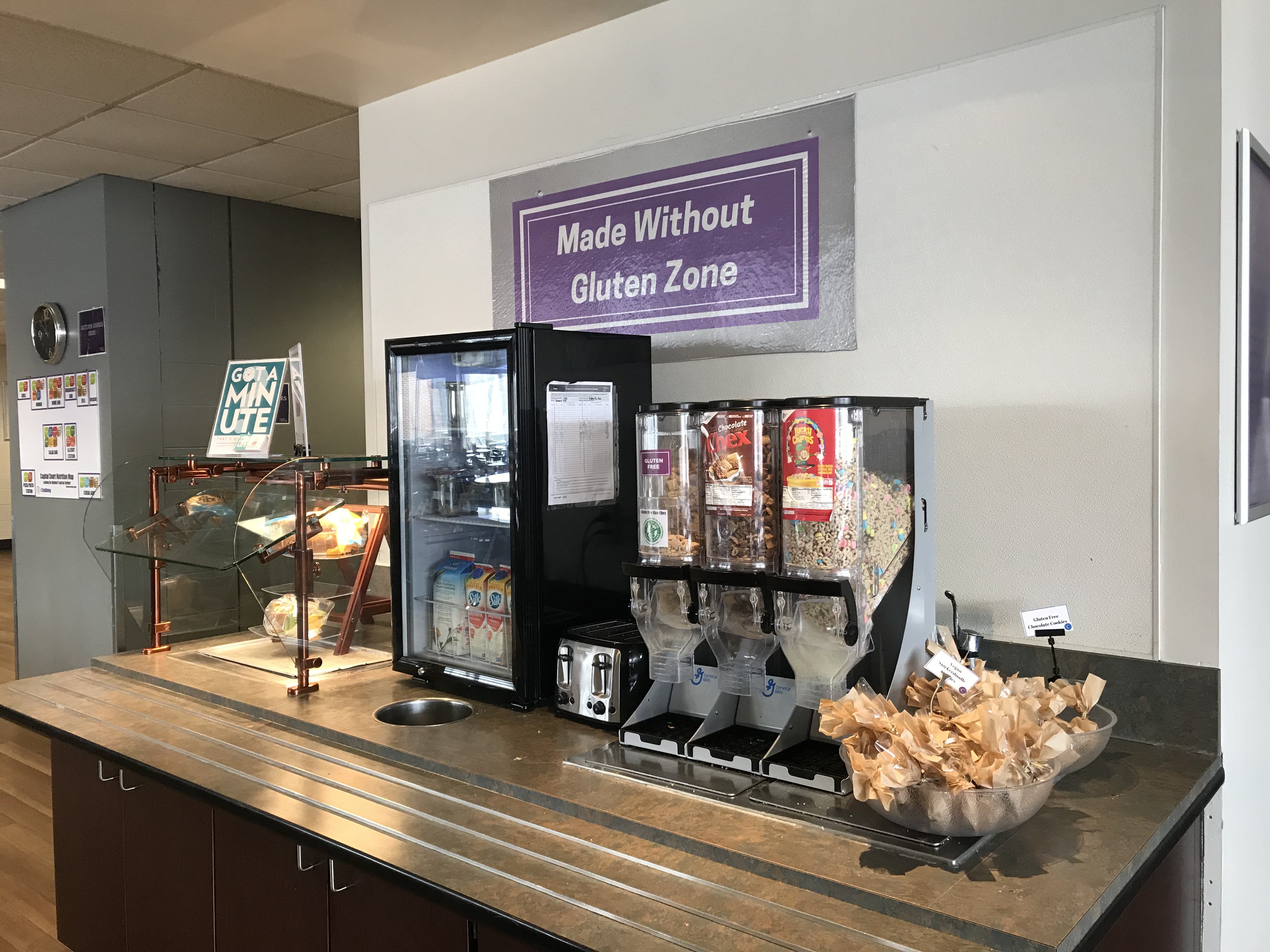Many became more aware of what they ate in 2017, and now that 2018 has begun, even more people are embracing the idea of being fit and healthy. More dietary options are becoming popular, such as dairy-free, gluten-free, vegan, vegetarian, pescatarian and several others. Some of these options are decided on because of certain food allergies, but others may be because the person wants a healthy lifestyle, or just because they love animals.
Being a vegan consists of not consuming any animal products in food and in other products, such as beauty products, shampoos and soaps, and clothes and shoes. There are also different types and levels of being vegan, including vegetarianism. Being a vegetarian means that you don’t eat any meat or use any products that are a by-product of animal slaughter. Pescatarians are somewhat similar to vegetarians, except they eat fish.
Professor Eva George has been a pescatarian for nearly 30 years and said, “people think that vegetarians [and others with different dietary habits] are healthy, but I’m a vegetarian that doesn’t eat vegetables.” She did say, however, that she really enjoys soy-based foods and cashew milk.
First-year student Stefanie Mazzeo has been a vegan for a year, and she relies almost entirely on the dining services offered here at Capital.
Student Jennifer Nichols, on the other hand, has a different reason for her dietary restrictions. She underwent a gastric bypass surgery nearly six months ago and now must follow a very strict diet. Nichols is only allowed to have a high-protein, low-carb diet, but she also deals with the restrictions of several food allergies, which makes trying to find something to eat in the MDR that much more difficult.
Professor Jeff Gress also suffers from a restricted diet. He has had celiac disease, an allergy to gluten, for his whole life. He does not eat on campus because “time and again, I’d ask for simple information [about ingredients] and always get stonewalled,” Gress said.
In addition to Gress, numerous students have a hard time eating on campus due to the complete lack of information that can potentially be deadly to those with severe allergies.
In a poll of 101 Capital University students, roughly 86 percent stated that they dine without eating restrictions. Approximately 8 percent of students said that they are on a vegetarian diet, and about 4 percent are dairy free. The other 2 percent consist of vegan, pescatarian, and gluten-free students.
Having one of these diets and living on campus can be hard for some. Capital understands this and has multiple dining options that conform to those students’ lifestyles.
There have been a few programs on campus that are created specifically with vegans and vegetarians in mind. For example, the university hosts several events, such as “Vegan Night.” Capital’s dining partner, Aramark, also offers vegetarian and vegan options for every meal, which can be identified by certain signs by the food. Unfortunately, it is still hard to identify which is which. They also offer gluten free pizza, pasta, and bread.
So even though their system may not be entirely ready, Capital and Aramark are trying to make the dining services more accommodating to students and faculty.

